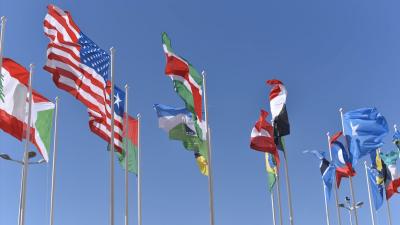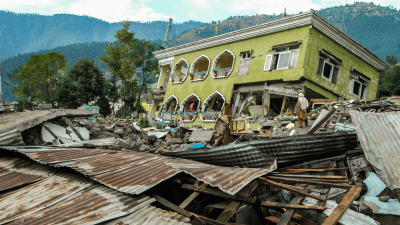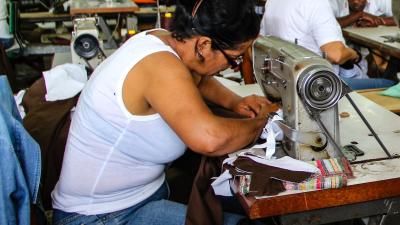"Sometimes the water levels are too low. We don’t get clean water and if we drink that water there are high chances of falling sick from bacteria, getting stomach infections. Children fall sick frequently and become weak."
Priyanka, New Delhi, India, interviewed by Gallup for the World Risk Poll
People across the world experience serious harm from the food they eat and the water they drink and, as a result, in most regions of the world worry about food and water is high. Sometimes worry levels are significantly different from people’s experience of harm. In Southern Africa for example, 26 per cent of people have experienced serious harm from food and water but 43 per cent worry about this happening. By contrast, in North Africa, 25 per cent of people have experienced harm from food and water but only 16 per cent worry about this issue.
The World Health Organisation estimates that three million people around the world die every year from food and waterborne disease, with millions more becoming sick. However, data on issues relating to harm from food and water is sparse and often poorest in the regions where the problems are most significant. The World Risk Poll is a vital new source of information in this area, adding a new layer of understanding to previous research.
Communication of potentially life-saving information about managing food and water related risk often comes from governments and policy makers. However, the World Risk Poll illustrates that only 15 per cent of people looking for information about food and water safety trust their government the most for this type of information. People who have first-hand experience of being harmed by food and water are the least likely to trust their government for information. The populations of developed countries are more likely to trust their governments the most but even here levels of trust are low such as Norway at 54 per cent and Sweden at 56 per cent.
Genetically modified (GM) foods continue to be viewed with suspicion across the world with 48 per cent of the world’s population regarding GM foods as more likely to harm them than help. Much higher proportions of people in developed economies are sceptical, such as Greece where 84 per cent of the population think GM food are more likely to harm them.




